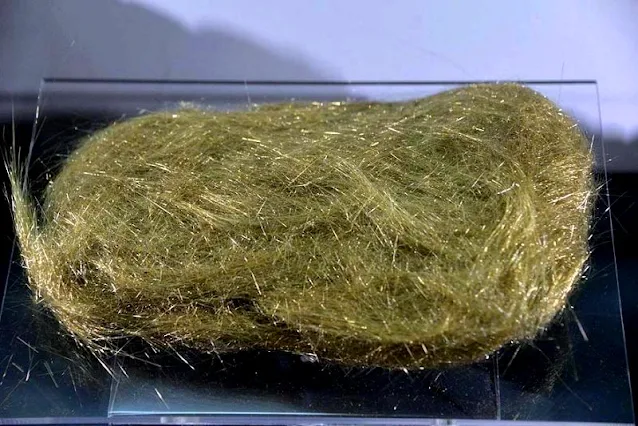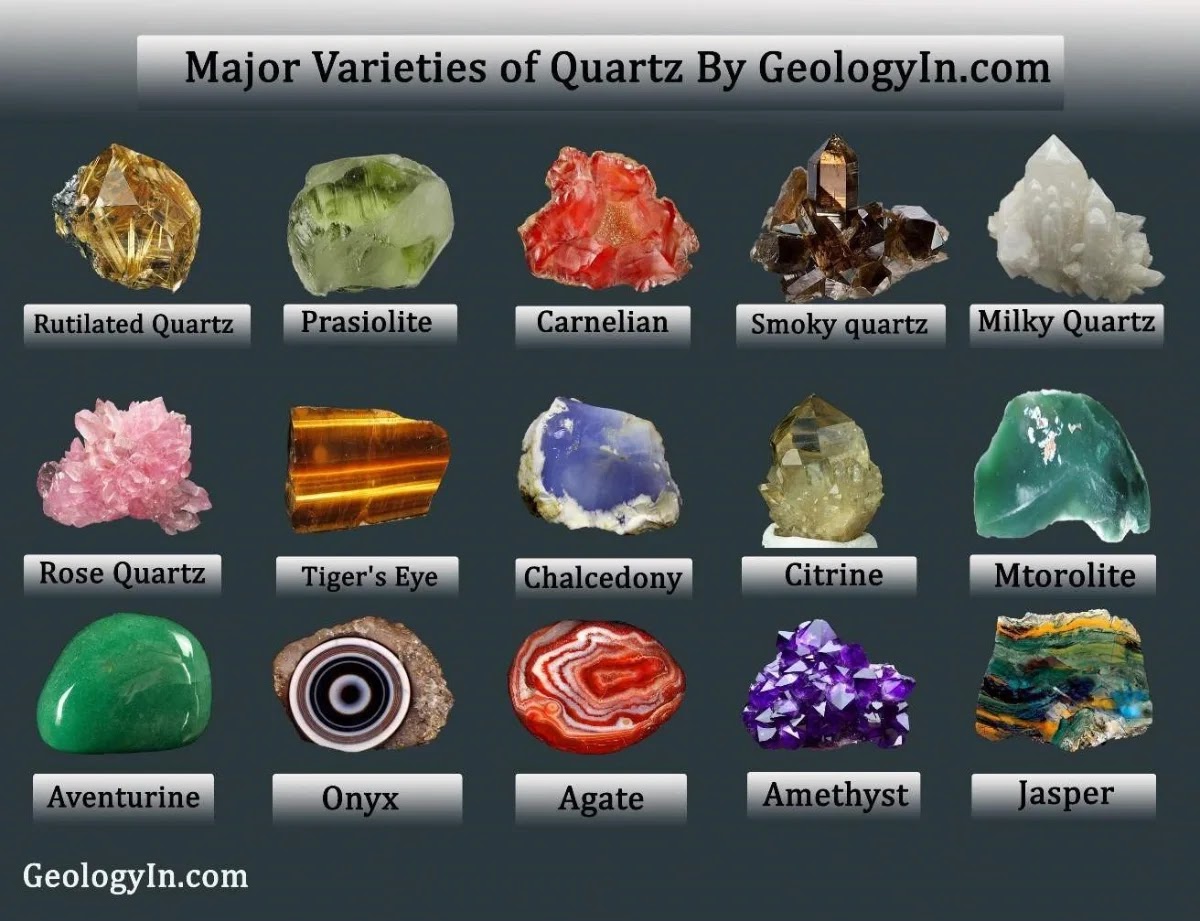Believe It Or Not, This Is Actually Lava
 |
| Pele's hair is a form of lava.. Peles hair - Natural History Museum, London |
Pele's hair is a form of lava. It is named after Pele, the Hawaiian goddess of volcanoes. It can be defined as volcanic glass fibers or thin strands of volcanic glass. The strands are formed through the stretching of molten basaltic glass from lava, usually from lava fountains, lava cascades, and vigorous lava flows.
Pele's hair is extremely light, so the wind often carries the fibers high into the air and to places several kilometers away from the vent. It is common to find fibers of Pele's hair on high places like top of trees, radio antennas, and electric poles. This ease of travel interferes with the geomorphology.
 |
| Pele's hair is abundant around Halema'uma'u Crater |
Pele's hair does not only occur in Hawaii. According to Duffield (1977), it can be found near other volcanoes around the world, for example in Nicaragua (Masaya), Italy (Etna) and Ethiopia (Erta’ Ale). It can be found all over the places, but it is usually found in gaps in the ground, mostly near vents, skylights, ocean entry, or in corners where Pele's hair can accumulate. In Iceland, for example, it’s called “Nornahár,” or Witch’s Hair.
It is not recommended to touch Pele's hair, because it is very brittle and very sharp, and small broken pieces can enter the skin. Gloves should be worn while examining it.
 |
These little wads of hair are called “Nornahár” in Icelandic,
meaning Witch's Hair. Photo/Þorvaldur Þórðarson, Jarðvísindastofnun Íslands |
The formation of Pele's hair occurs when molten basaltic glass is blowing-out from lava (Duffield et al., 1977). The strands are created when molten lava is ejected into the air and form tiny droplets, which elongate perfectly straight, from a lava fountain. It usually forms in lava fountains, lava cascades, and vigorous lava flows.


%20(1).webp)






